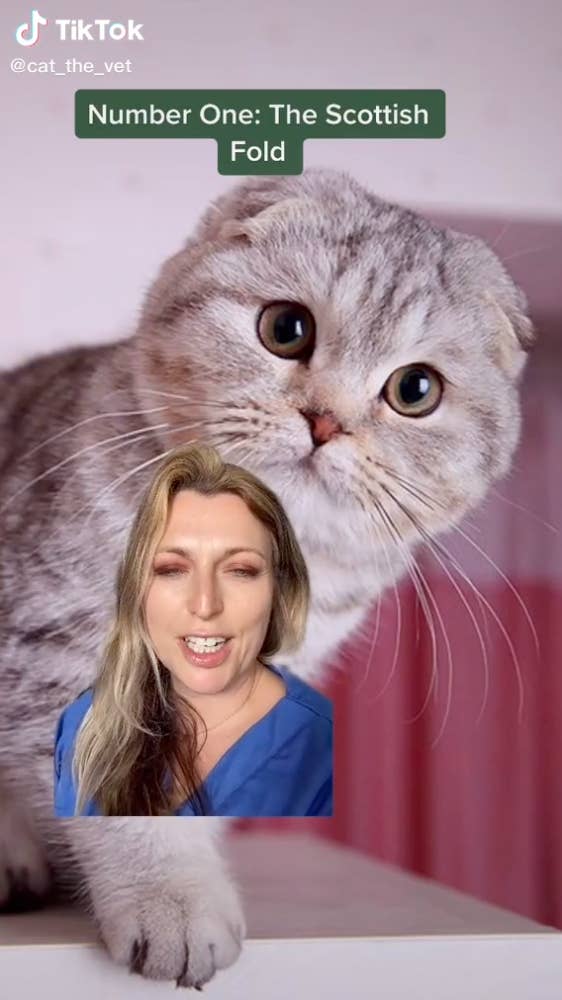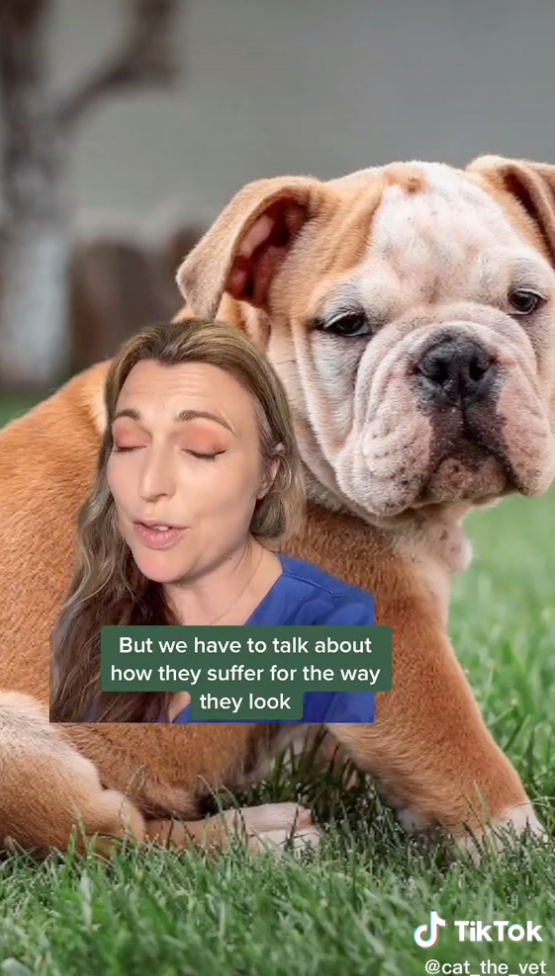They also often suffer from additional problems from the excess skin for the rest of their lives. The skin is sensitive, so many suffer from itchy skin allergies and painful infections. "And their small ears have small ear canals, and that, added together with their skin sensitivity, can leave them extremely prone to ear infections and other issues."
This article talks about how the breeding of Shar Peis in the Western world resulted in excess wrinkling of the dogs. You can read more about the history of the Shar Pei here.


